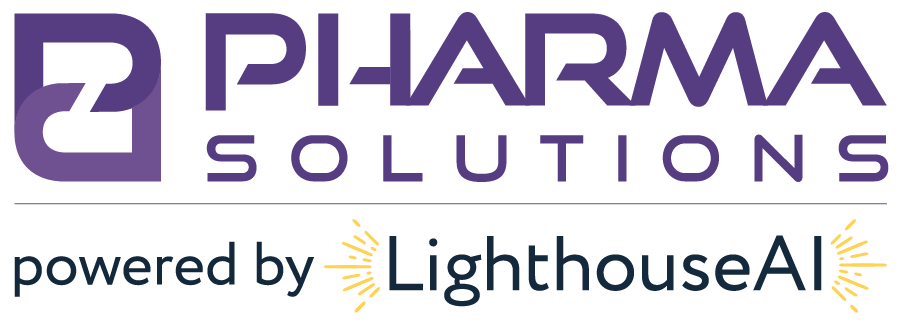State Licensing & Regulation: Pharmacy-Wholesalers
Patchwork of Regulation
Pharmacy-Wholesale and Comparator Drug Sourcing
Some states, such as California, completely prohibit entities licensed as a pharmacy from engaging in any amount of wholesaling, unless they fit into any of the very narrow exceptions defined by law. Other states, such as North Carolina and Texas, allow pharmacies to wholesale as much as they want as long as they also obtain a wholesale distributor license and adhere to any special rules or regulations intended to help keep the two activities separate.
Some states have a provision in their laws known colloquially as the “5 % rule,” which allows pharmacies to engage in some degree of wholesaling without requiring a wholesale distributor license. The way these rules work is that a licensed pharmacy in that state may wholesale up to 5% of some enumerated sum. What the sum is based on varies by state: some states, such as Michigan and Kentucky, use “total dosage units” as the sum by which the 5% is measured. Other states, such as Illinois and Missouri, use some annual dollar amount (like “total purchases” or “total gross sales”) as the sum. Other states, such as New Jersey and Pennsylvania, also limit to which types of entities or persons these sales can be made (pharmacy to pharmacy only, to licensed practitioners for office use, etc.) But in most cases, if the pharmacy exceeds the 5% threshold, it must then obtain a wholesale distributor license to engage in any further wholesale activities.
To further add complexity to the regulatory scheme, certain states also have specific permits that appear to be directed specifically towards pharmacy-wholesale activities. For example, Florida has a “Retail Pharmacy Drug Wholesale Distributor Permit” that allows a pharmacy (located in Florida) to wholesale up to 30% of its total annual purchases of prescription drugs. This threshold is much higher than that of the 5% rule, which seems to suggest that Florida created it specifically with pharmacy-wholesalers in mind. Just like in most 5% rule states, if the Retail Pharmacy Wholesale Permit holder exceeds the 30% threshold, they must obtain a wholesale distributor license.
The pharmacy-wholesaler is only one example of how complex and varied the issue of state licensing can be when dealing with obtaining licenses in a variety of states. As new business models (such as virtual manufacturers or outsourcing facilities) emerge, the state licensing scheme becomes even more complex. As it stands now, it appears unlikely that some standardized system will be developed to centralize the licensing requirements. As such, entities looking to engage in activities throughout the pharmaceutical supply chain must be cognizant of this patchwork of regulation to ensure that they comply in every jurisdiction in which they do business.
If your company is struggling with figuring out which licenses are required, obtaining/maintaining state licenses, or just keeping up with changes, please reach out to hello@pharma.solutions for a free consultation.
About Us
Based just outside of Philadelphia, Pharma Solutions provides actionable guidance and excellent administrative services with a focus on client care across Compliance, Commercial, and Quality solutions. Our mission is to improve the health and welfare of the American public by providing solutions and implementing best practices for companies in the pharmaceutical supply chain.




0 Comments